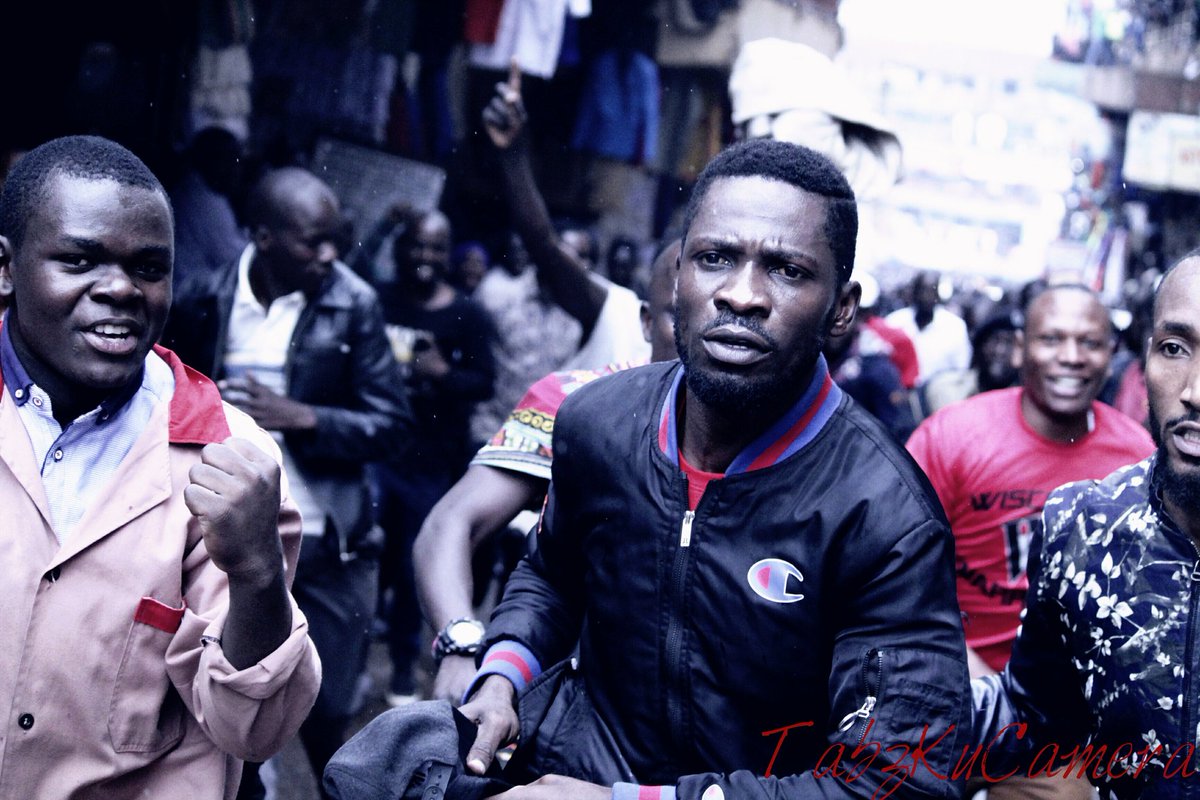


A joint initiative between the University of Bergen
and CMI – Chr. Michelsen Institute
The growing age gap between rulers and ruled in Africa
Bheki Dlamini (Centre for Law and Social Transformation), Marta González (IESA-CSIC/University of Granada) and Svein-Erik Helle (University of Bergen/CMI) in conversation with Lisa-Marie Selvik (University of Bergen).

Africa has the youngest population of any continent, but some of the oldest and longest serving Presidents.
“When our leaders have become misleaders and mentors have become tormentors. When freedom of expression becomes the target of oppression, opposition becomes our position»
Bobi Wine – Situka (2016) Tweet
The Ugandan pop artist, Member of Parliament and political activist, Bobi Wine, was together with 33 other activists and MPs arrested during a by-election campaign after Ugandan President Yoweri Museveni’s convoy allegedly was stoned. They were beaten up, tortured and charged with treason. Their arrest sparked public protests across Uganda and widespread international condemnation, and a vigorous international social media campaign among young, African activists.
We take Bobi Wine’s story as a point of departure exploring one of the main political challenges in Africa: the growing age gap between the rulers and the ruled. Informed by research and experiences from Northern and Southern Africa, we discuss threats and opportunities, how this is linked to the hybrid and authoritarian nature of the regimes, and what comparative lessons we can learn from the various strategies and government responses adopted so far.
In Uganda, President Museveni came to power in 1986. The median age citizen today was born 17 years later. Most African countries today have formal democratic structures and regular multiparty elections. There should be space also for young people to be heard and for political representation. However, since many of these countries are hybrid regimes and the elections are controlled by a politically and economically powerful incumbent, formal participation has not yielded the political outcomes that many young people desire. Faced with this situation, youth movements apply various strategies from direct participation to “protest democracy”. At the opposite ends of the spectrum, regimes have introduced various forms of political and economic institutions aimed at addressing youth concerns directly. The battle for who will control the future of the millennial generation is thus also a battle for what kind of institutions that should prevail.
Breakfasts for Democracy (
#bffDemocracy
) is a seminar series organized by the research project
‘Breaking BAD: Understanding the Backlash Against Democracy in Africa’ in cooperation with Bergen Resource Centre for International Development. In the series we discuss current events in world politics light of research on processes of democratization and autocratization. Breaking BAD is a joint University of Bergen and CMI research project funded by the Norwegian Research Council.
Photo Credit: Bobi Wine/@TabzKuCamera

